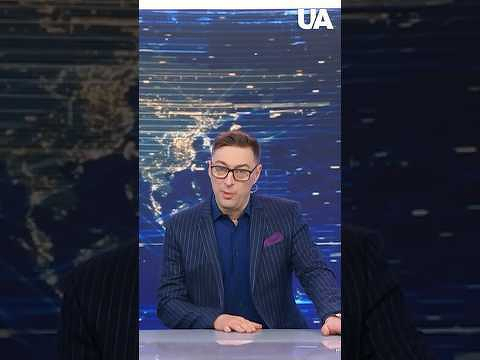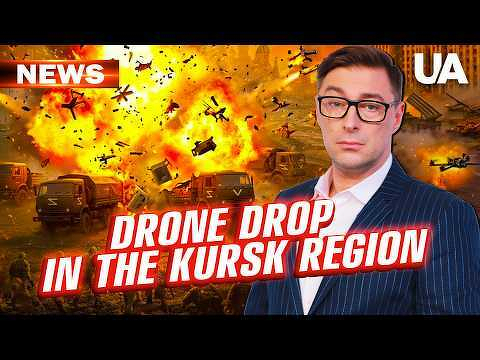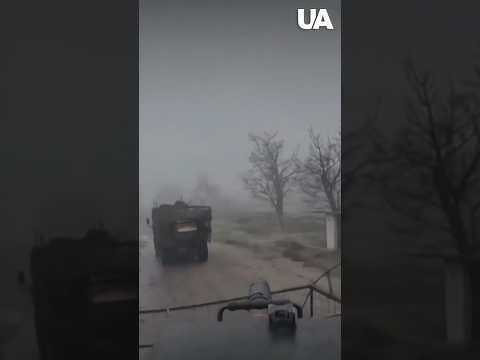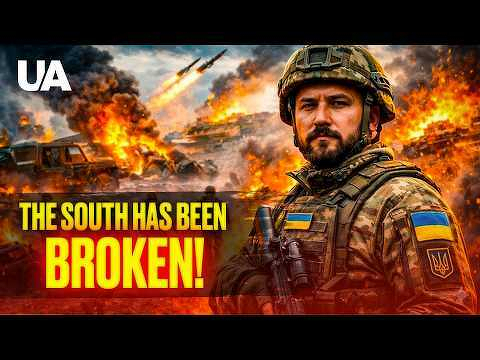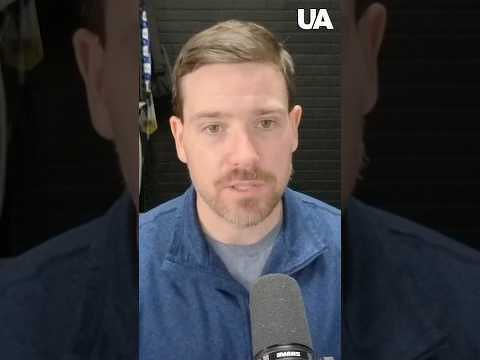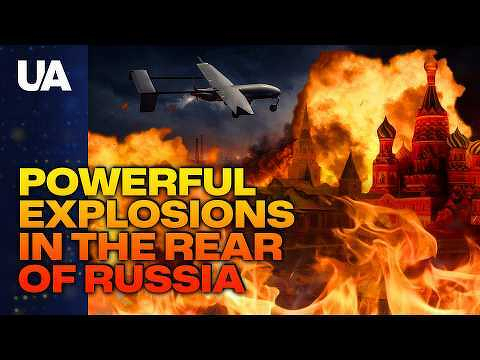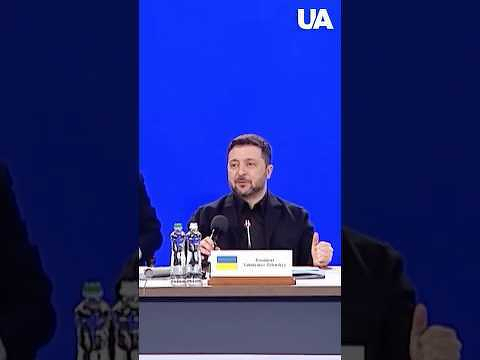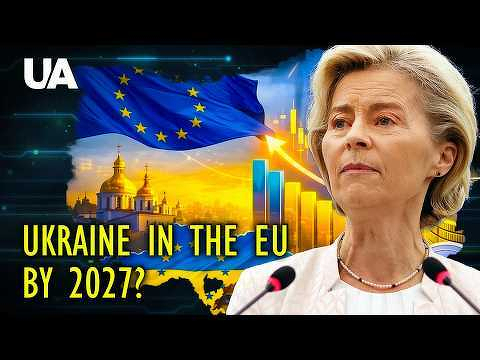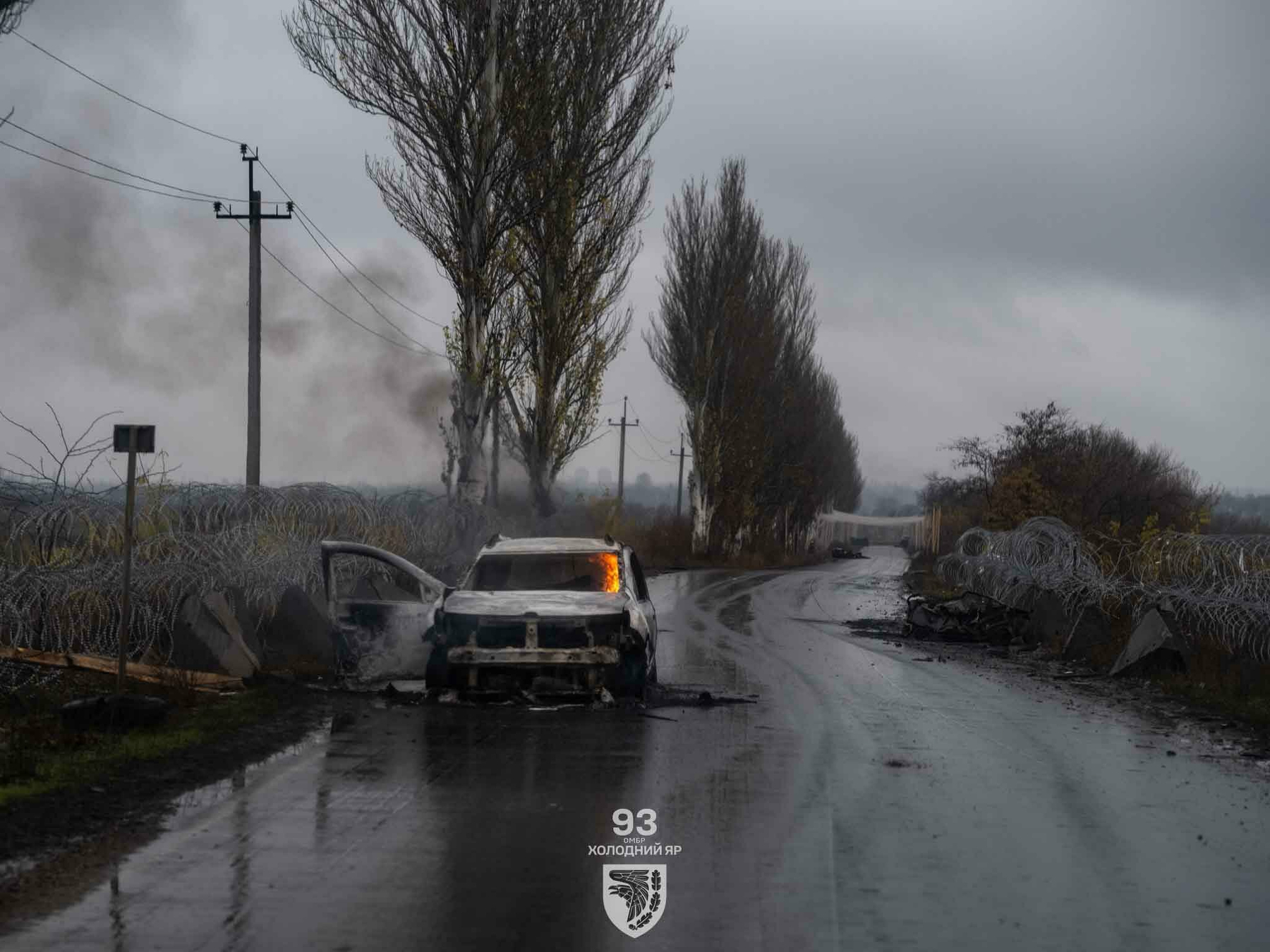
Reading

Spies, Lies, and Algorithms
Amy B. Zegart
- More than 90,000 Ukrainians officially missing due to Russia's war, commissioner says
- Ukraine might have a new Flamingo missile deep strike strategy, experts say
- Russia, Ukraine agree on body exchange, 1,000 fallen …
Ukraine
Russia
Photos
General Staff: Russia has lost 1,265,130 troops in Ukraine since Feb. 24, 2022
Ukraine
Photos
Ukraine secures $8.1 billion IMF lifeline as funding gaps loom

Ukraine
Russia
Photos
Ukrainian missile strike on Russia's Belgorod Oblast leaves outages, officials claim
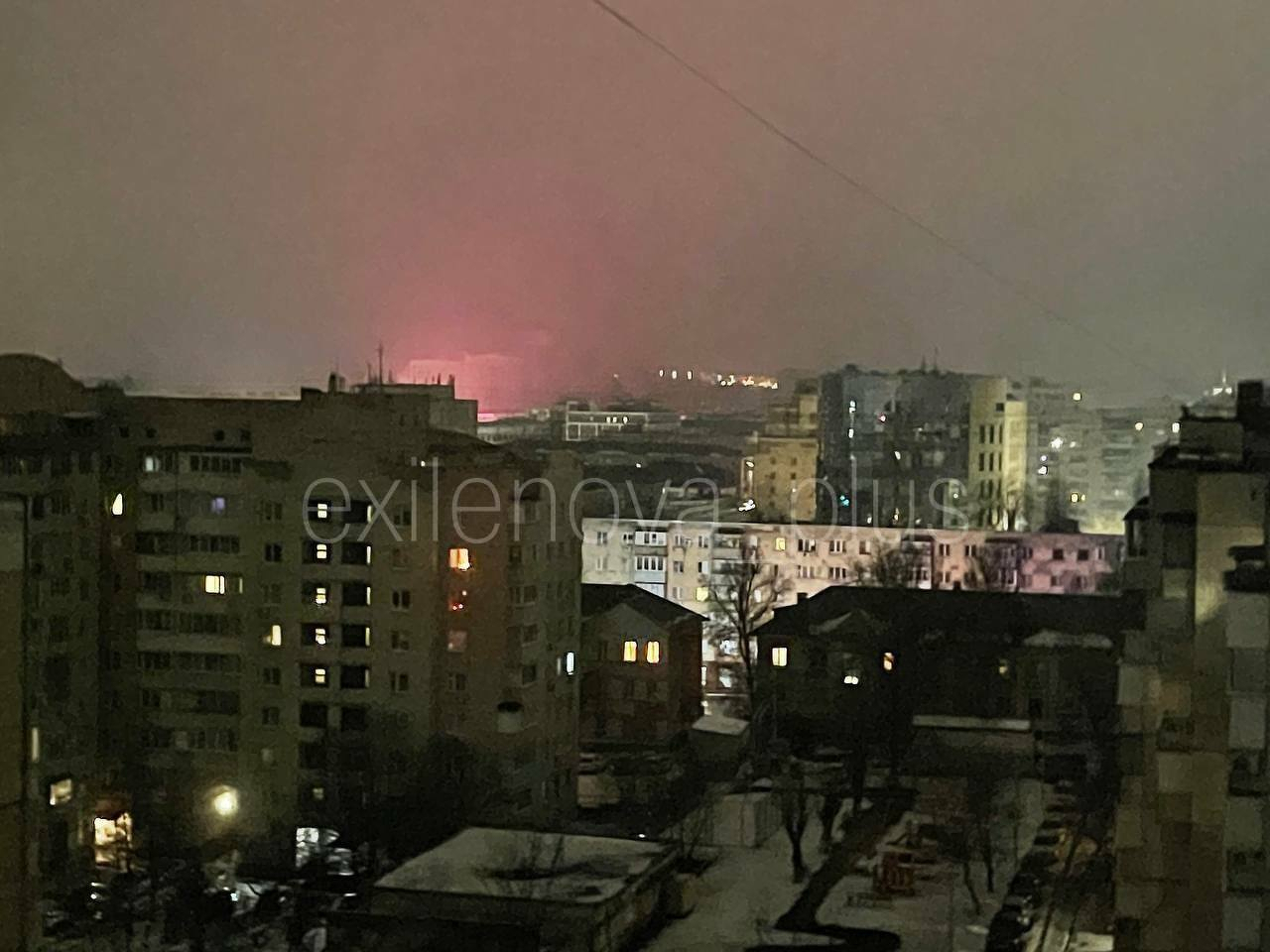
Ukraine
Russia
Photos
Orban's election campaign strategy — blackmail EU, Ukraine over Russian oil and hope for a fight
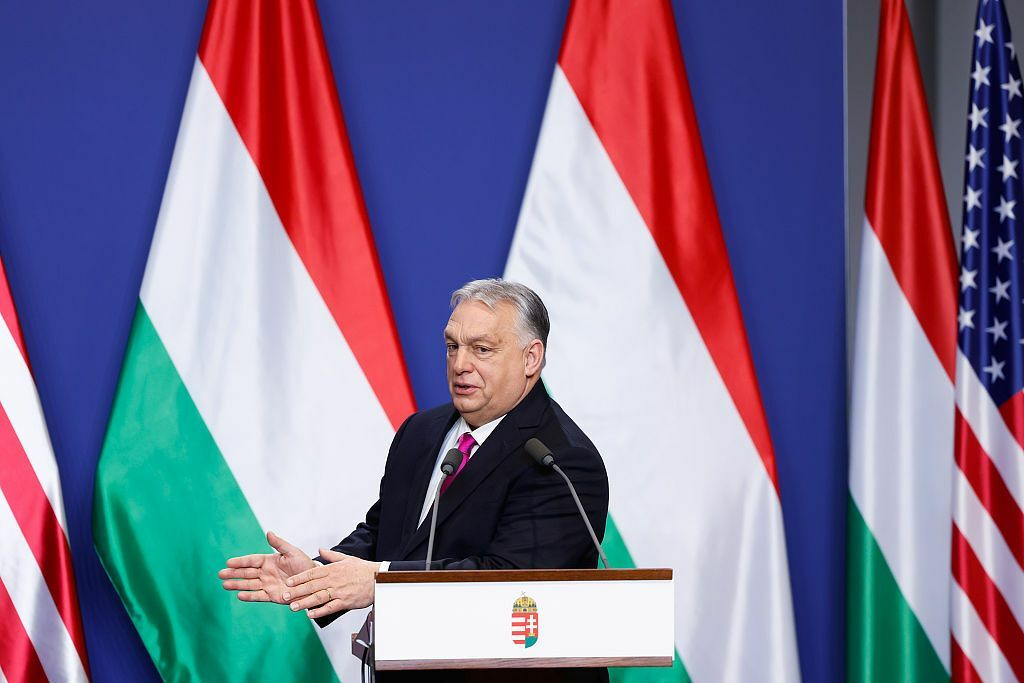
On Feb. 26, Hungarian Prime Minister Viktor Orban was feeling adventurous, sending two letters — one to Brussels, another one to Kyiv — with a set of demands.
The intended target audience for both, however, were not EU and Ukrainian officials, but the …
Ukraine
Russia
Photos
Fact-check: No, Ukraine's attack on Russian oil pumping station is not an 'attack on NATO'
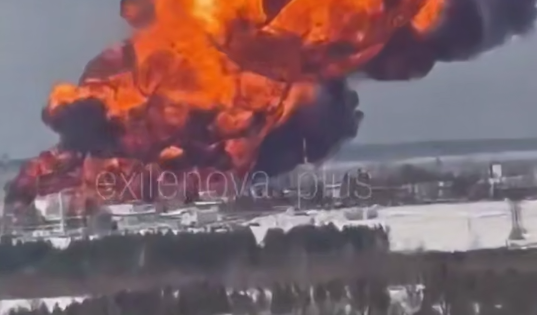
Ukraine
Russia
Photos
Ukraine War Latest: More than 90,000 Ukrainians officially missing due to Russia's war, commissioner says
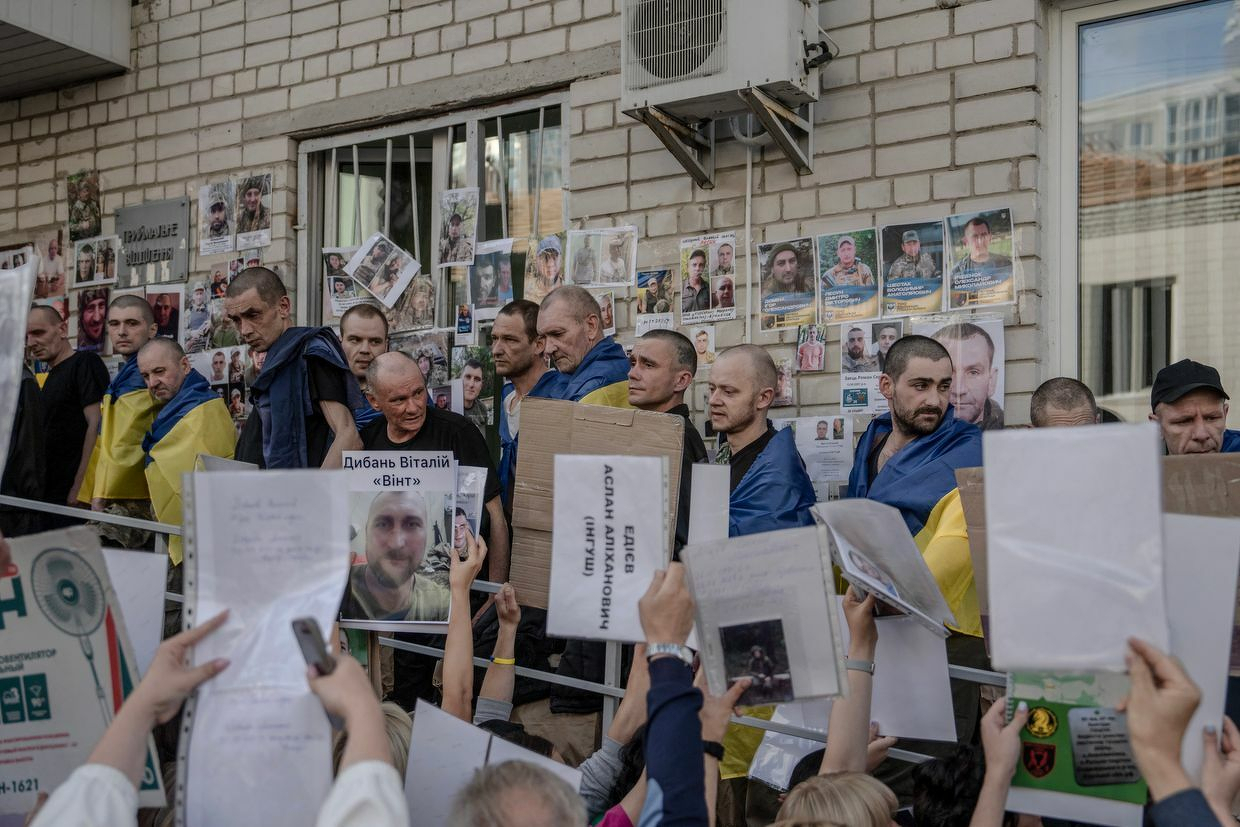
Key developments on Feb. 26:
Ukraine
Photos
115 battles per day: UKRAINIAN General Staff reveals details of strategic defeat of occupiers!
Ukraine
Russia
Photos
Film awards race shows what stories about war West prefers to hear

Two films about Russia and Ukraine are generating buzz in this year's film awards season: Mstyslav Chernov's "2,000 Meters to Andriivka" and "Mr. Nobody Against Putin," directed by American documentarian David Borenstein and Pavel Talankin, the …
Russia
Photos
Swedish military jams suspected Russian drone near French nuclear aircraft carrier
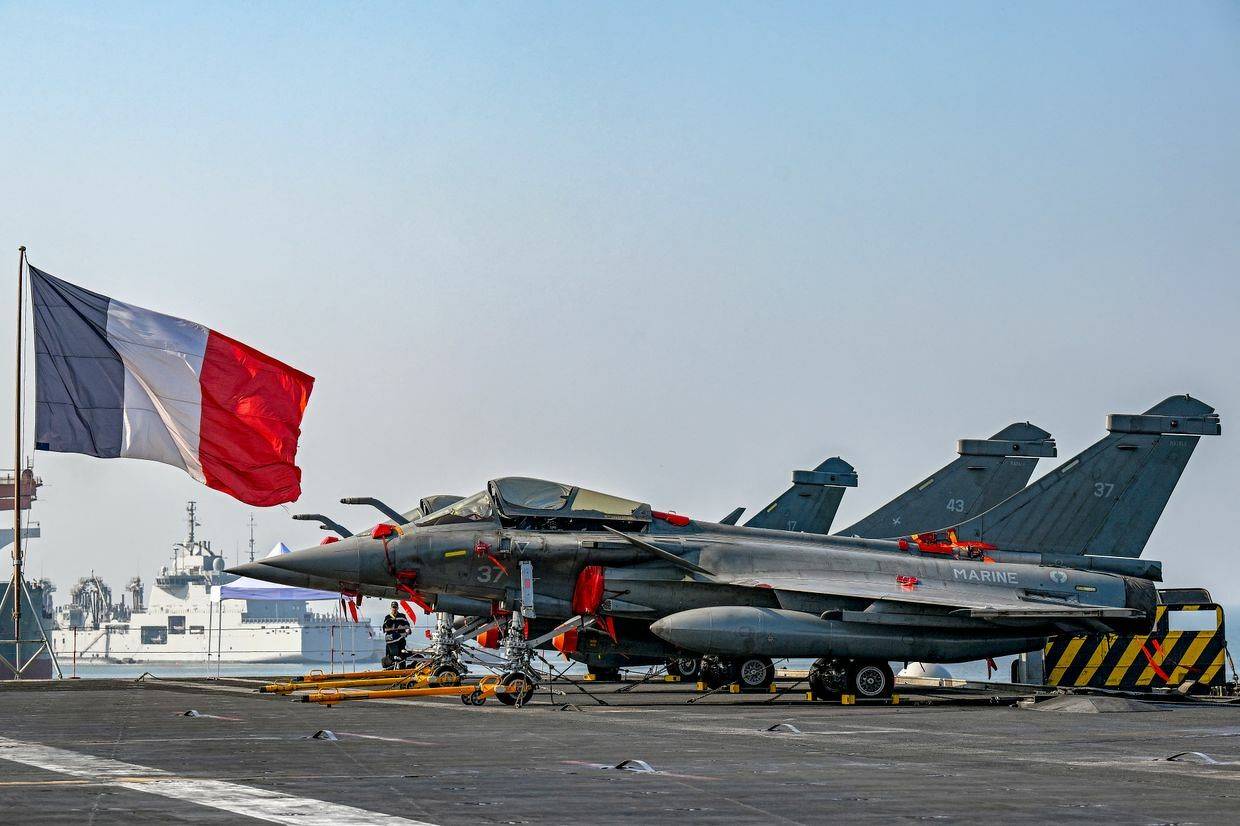
Ukraine
Photos
Prosecutors, police, SBU suspected of illegal surveillance to obstruct Ukraine's biggest graft case
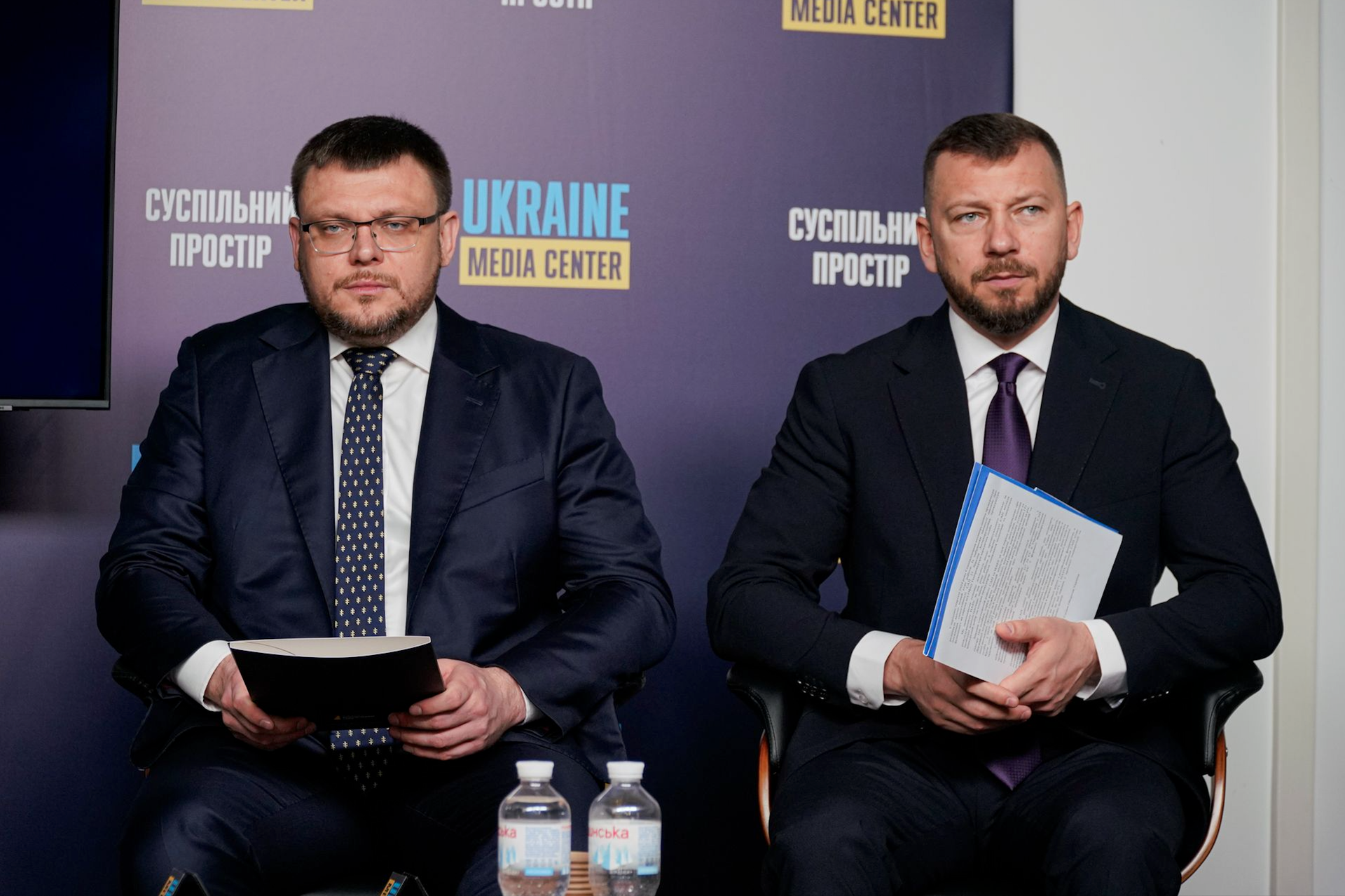
Ukraine
Russia
Photos
LIVE | Crimea is burning, Russia's rear is broken: Ukraine strikes Russian HQs and oil refineries
Ukraine
Russia
Russia claims 1.5 million Ukrainian casualties, contradicting its earlier 1.8 million figure
Russia has issued another statement about the alleged losses of Ukraine’s Defense Forces over four years of full-scale war, claiming more than 1.5 million Ukrainian troops killed and wounded.
That’s according to data from Russia’s Ministry of …
Russia
Photos
WAR-2026: UAVs outpace artillery! @PrestonStewart on warfare evolution and Putin's failures!
Ukraine
Russia
Photos
“We didn’t even have time to get scared.” Kharkiv recovers after another overnight Russian drone, missile attack
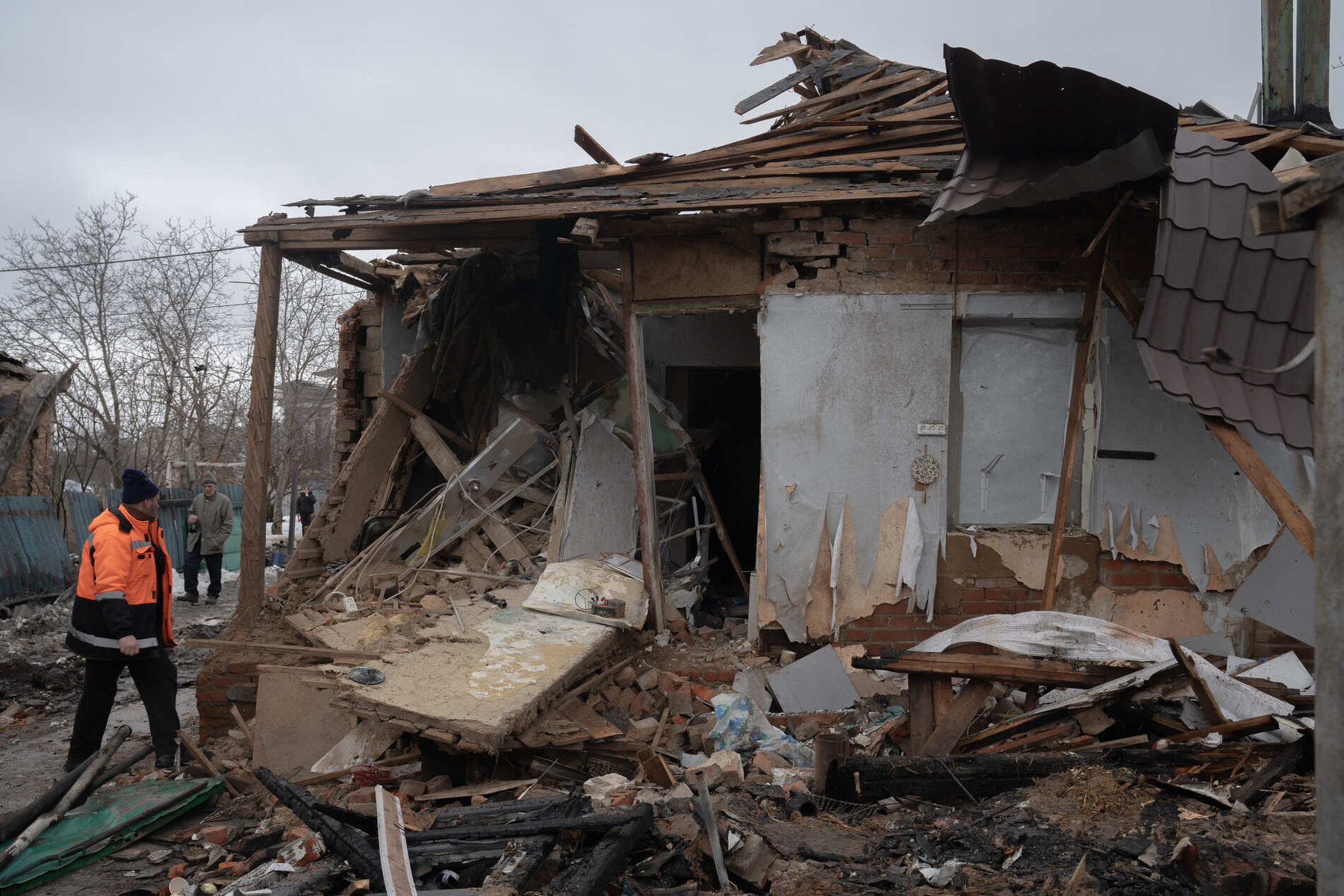
UKRAINE, KHARKIV, Feb. 26 — “We were sleeping, when an explosion went off. My scared kid started to cry. I realised that something happened in our home.” This is how Marharyta, 30, describes the first seconds after the Russian Shahed drone hit the …
Ukraine
Russia
Lithuania updates national security strategy, warns Russia could wage full-scale war with NATO by 2030
Lithuania’s government on Wednesday, February 25, approved an updated National Security Strategy that identifies Russia as an existential threat to the country and the broader Euro-Atlantic community. The document now goes to the Seimas for approval, …
Russia
Photos
Zelenskyy against the Kremlin's traps: what will the real security guarantees be?
Russia
Photos
Russian FPV drone on fiber optic cable reaches Kharkiv for 1st time since start of full-scale invasion, prosecutor's office says
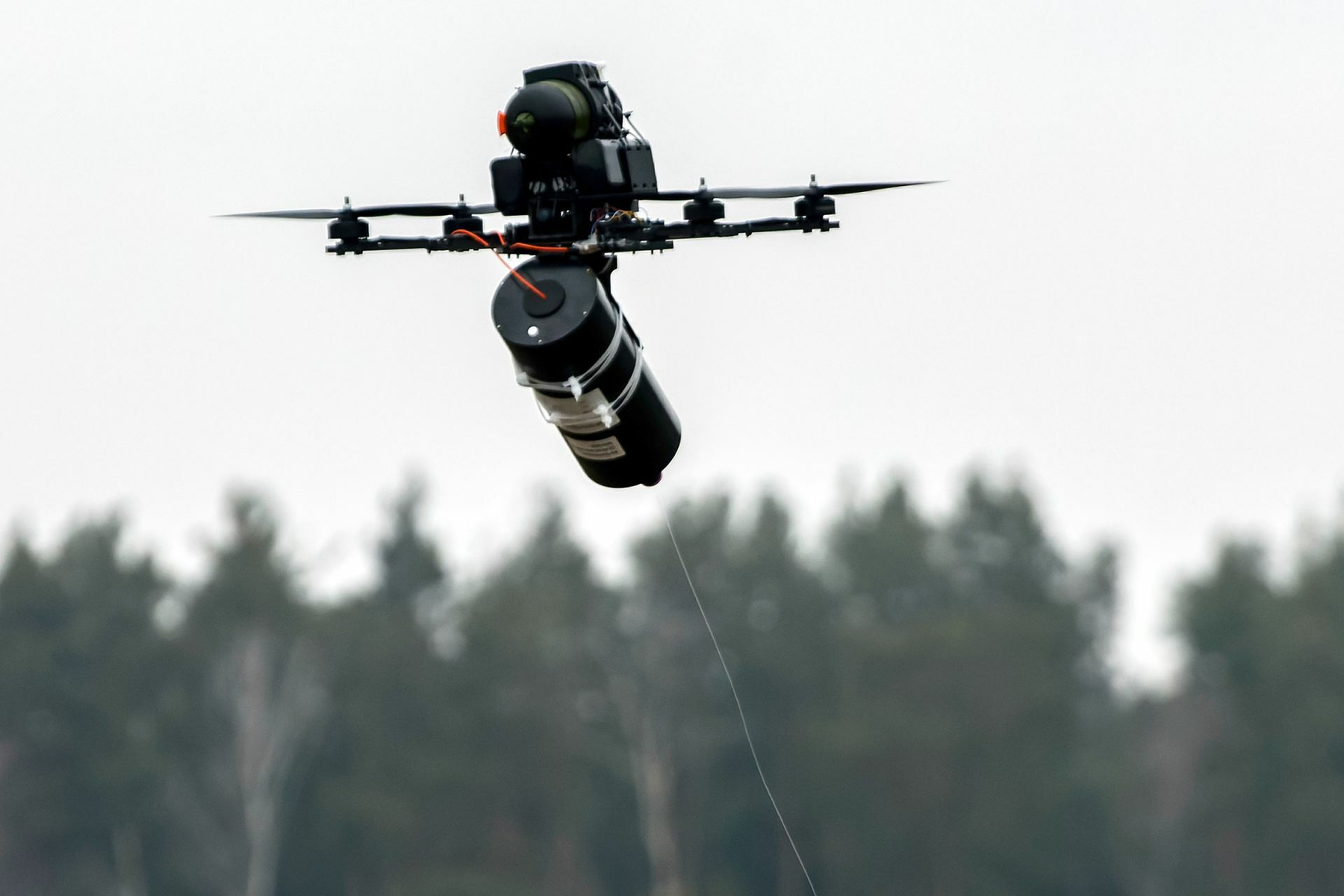
Ukraine
Russia
German foreign minister rules out seizing Russian assets
Despite Hungary’s veto of a €90 billion interest-free loan to Ukraine, the EU will not return to another option for supporting Kyiv that involves using frozen Russian assets.
Germany’s Foreign Minister Johann Wadephul made the statement at a joint …
Russia
Photos
Canadian AI software could flip Russia's disinformation war on Europe
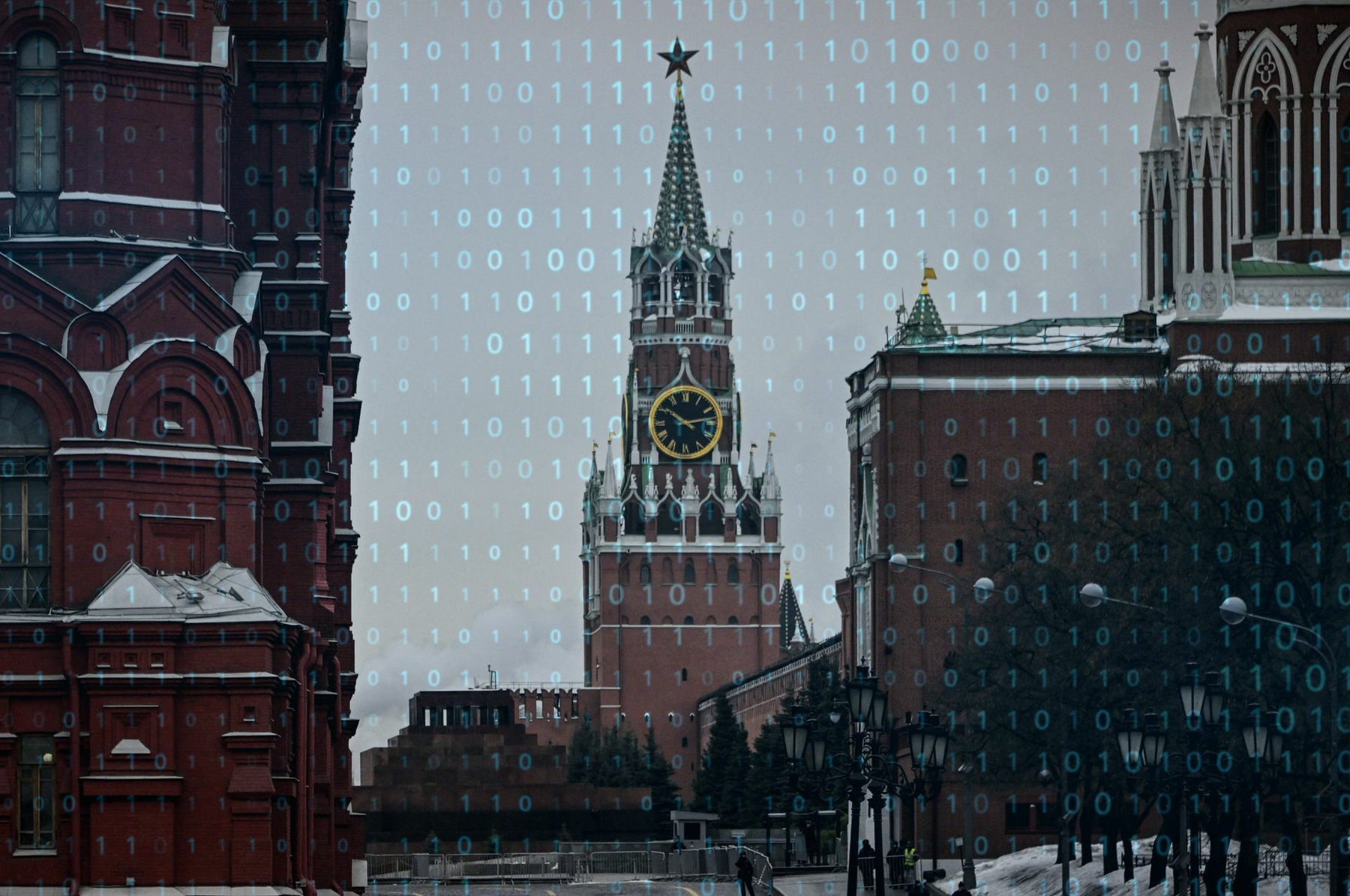
A new artificial intelligence (AI) agent could equip Europe to better defend itself against the barrage of Russian disinformation attacks.
Cipher is Canadian-developed AI software that has proven to accurately and quickly detect Russian disinformation …
